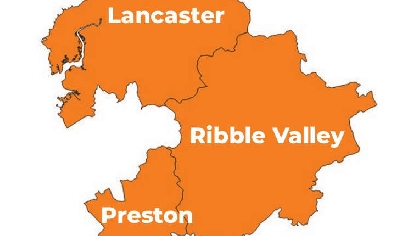
South Ribble Borough Council has become the first local authority to formally back a plan to create four new councils to cover the whole of Lancashire.
Cabinet members approved the proposal, which would see South Ribble merge with neighbouring Chorley and West Lancashire councils. The new standalone, or ‘unitary’, authority would be responsible for delivering all local services across the three southern Lancashire areas – to a population of just under 359,000 people.
The blueprint would also lead to the creation of a new council to serve a combined Preston, Lancaster and Ribble Valley local authority patch, made up of almost 374,000 residents.
All six of the existing councils that cover those areas have worked together to produce the proposal in answer to a government request for suggestions about how to streamline Lancashire’s local authority set-up. The changes are part of an overhaul being demanded by ministers which will see all 15 main Lancashire councils axed in less than three years.
South Ribble’s Labour leader Matthew Tomlinson said immediately after Thursday evening’s cabinet vote that it felt like “quite a historic moment”.
The so-called ‘Four Lancashire’ plan will next be put to the other authorities involved in its development – for their approval – ahead of a 28th November deadline for its submission to the government for consideration.
It is one of five visions for new-look local government in Lancashire that are expected to be sent to ministers who will then decide which of them should be subject to a public consultation early next year before selecting a final one for implementation.
However, the Four Lancashire proposal is the one most widely-supported by councils across the county. The other options on the table propose the creation of two, three and five new councils – as well as an alternative configuration for a four-council area.
The bid involving South Ribble heralds its proposed four new authorities – which include councils for the Fylde coast and East Lancashire – as being “based on credible geographies and recognisable communities”.
It adds that they “reflect the distinctive identities of their communities and will remain closely connected to them, ensuring a deep understanding of local needs and the ability to meet them effectively”.
The 128-page proposal suggests that Four Lancashire will generate savings over current local government costs totalling almost £195m across a seven-year period – and then, once the new councils are embedded, annual savings of £82.1m.
At a special scrutiny meeting earlier in the week, South Ribble councillor Haydn Williams sought reassurance that the financial estimates being floated would not become “targets” that the new councils would be “on the hook for” once they were formed – with an expectation from the government that authorities would cut their cloth, and potentially their services, in order to achieve them.
South Ribble and Chorley councils’ joint chief executive Chris Sinnott ruled out such a scenario unless the government “significantly change[s]” the approach that they have taken in all previous council reorganisations elsewhere in the country.
He said that the responsibility of the new authorities would be just like that currently borne by South Ribble – to set a balanced budget each year.
Concern was also raised about the degree to which the voices of local communities across South Ribble would be heard and represented within new councils of the size being proposed. The current South Ribble Borough Council serves just 116,000 people.
To address that issue, the Four Lancashire plan suggests the creation of 42 “neighbourhood area committees” across the county as a whole once the new authorities come into being in April 2028.
However, committee member Cllr Deborah Ashton said that the figure suggested those bodies would still cover “relatively substantial” areas – and would not be formed at a level that would cover places as small as Penwortham, as an example.
Chris Sinnott said that the proposal document was simply indicating how a neighbourhood system could work – but that it would be up to the new unitaries to finalise the arrangements, including what budgets and “decision-making powers” the neighbourhood area committees would have.
He said that they would likely involve existing parish or town councils – whose borders are not changing as part of the shake-up – as well as other “significant” community groups.
Mr. Sinnott added that some power was likely to be devolved down from the new authorities, explaining: “We do not anticipate that all local government functions…will be delivered from the unitary [level].”
Cabinet members accepted a recommendation from the scrutiny committee to “strengthen” the reference to the neighbourhood committees in the proposal.
Also at the cabinet decision meeting, Conservative opposition member Michael Green repeated a call he had made during the scrutiny debate that
the bid document should make it clear to ministers that South Ribble, as a council, did not support the shake-up that will lead to its abolition.
“It’s no good simply saying that in this council chamber, because [the] government won’t necessarily listen to what goes on in this meeting,” he said.
However, Cllr Tomlinson said he was not going to revisit the issue, having stated at the scrutiny gathering that while he did not want to see the demise of South Ribble, the government had made its intentions clear.
South Ribble would merge with Chorley and West Lancashire in all of the scenarios likely to be suggested to the government, but in the two-council option set to be proposed by Lancashire County Council , the borough would also join Blackburn with Darwen, Burnley, Hyndburn, Rossendale and
Pendle in a huge ‘South Lancashire’ authority. In a three-council set-up, South Ribble would again merge with Chorley and West Lancashire, but also Preston.
Meanwhile, South Ribble’s cabinet member for economic growth and social justice Jacky Alty, who led the authority until stepping down in May, struck an optimistic note about the forthcoming changes – notwithstanding the fact that they were not of South Ribble’s choosing. She said they had to be “journeyed through with a commitment to a positive outcome”.
“If we treat [the process] as a threat, then we will see negativity at every turn and we will contribute to the anxiety of residents and further generate fear,” Cllr Alty warned.
Most of the remaining councils whose leaderships have signed up to the Four Lancashire proposal are scheduled to make their final confirmatory decisions within just 48 hours of the government’s submission deadline. That responsibility falls to the cabinets of those councils that have them and the full council memberships of those authorities that do not operate a cabinet system – namely, West Lancashire and Ribble Valley.
However, full council meetings will also nevertheless be held at Chorley, Preston and Lancaster councils to allow the proposal to be fully debated. South Ribble had already discussed the Four Lancashire option at a council meeting back in July.

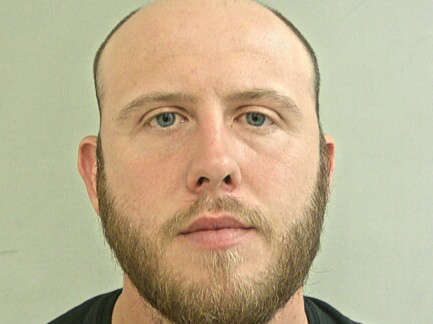 Father admits to killing baby son in Fulwood
Father admits to killing baby son in Fulwood
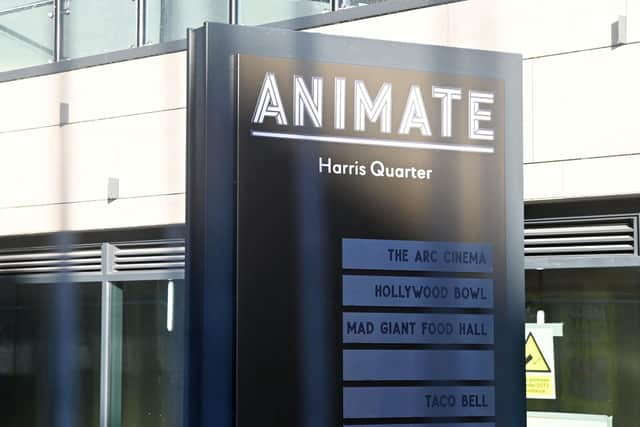 Preston’s Animate leisure complex to mark first anniversary
Preston’s Animate leisure complex to mark first anniversary
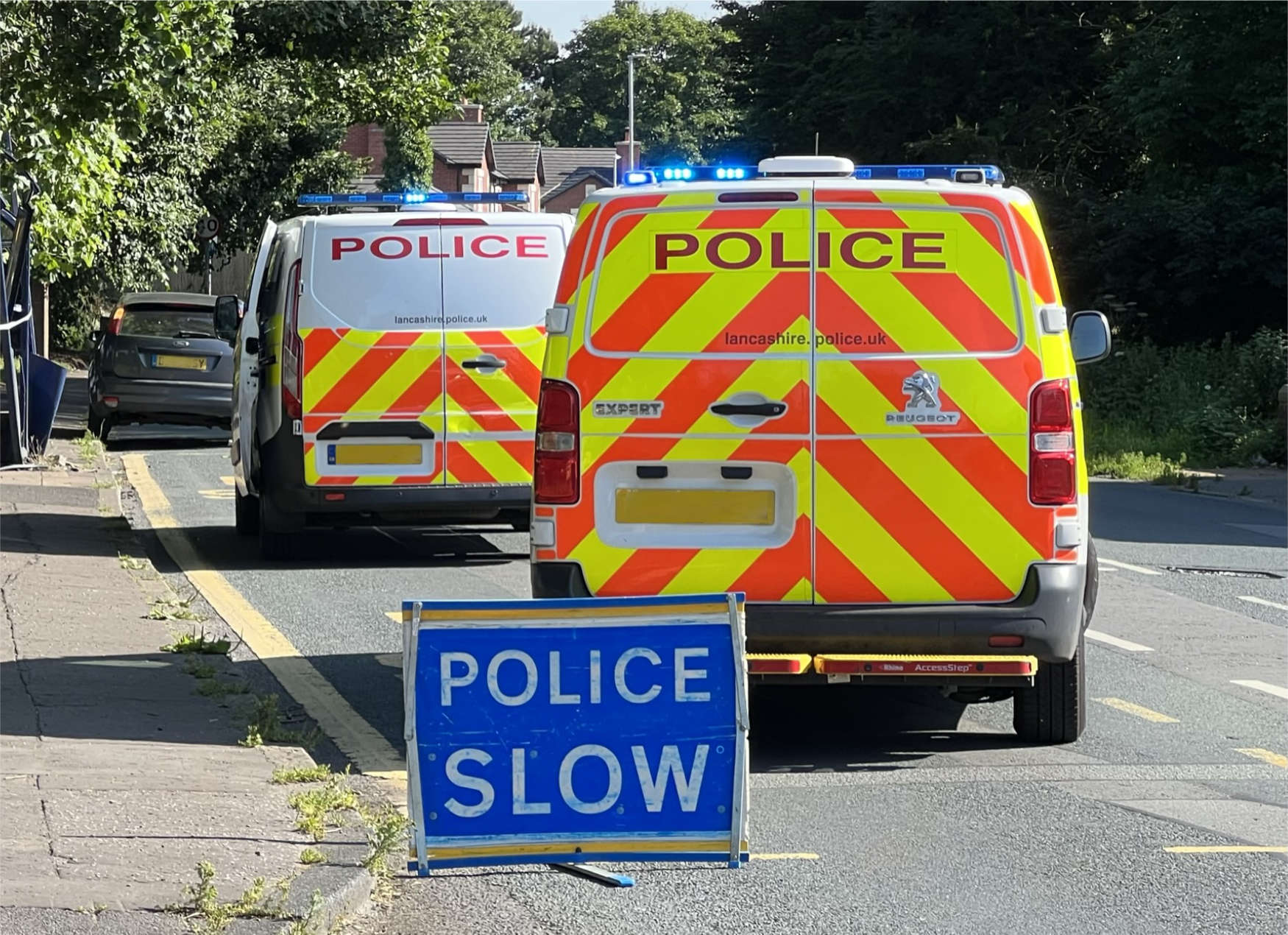 Investigation into death of Preston student continues
Investigation into death of Preston student continues
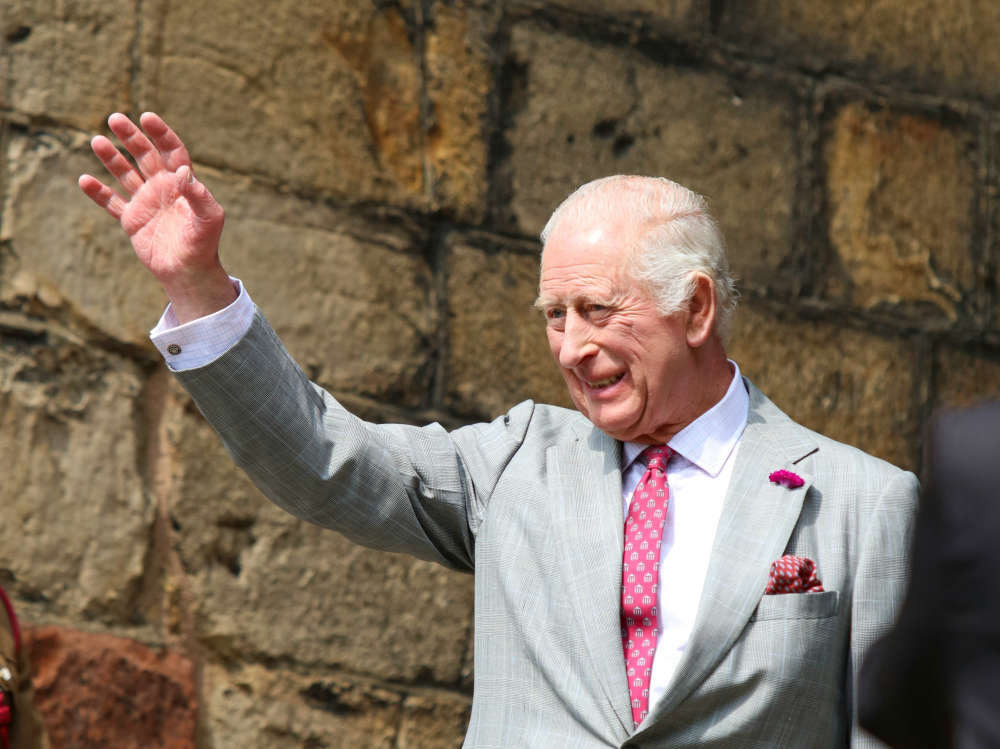 King Charles visits Lancashire
King Charles visits Lancashire
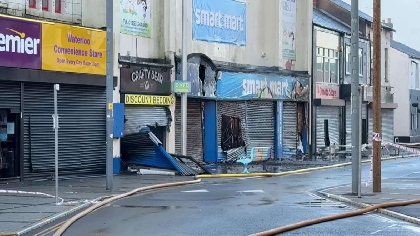 Blackpool blaze destroys soft play centre and damages neighbouring shops
Blackpool blaze destroys soft play centre and damages neighbouring shops








